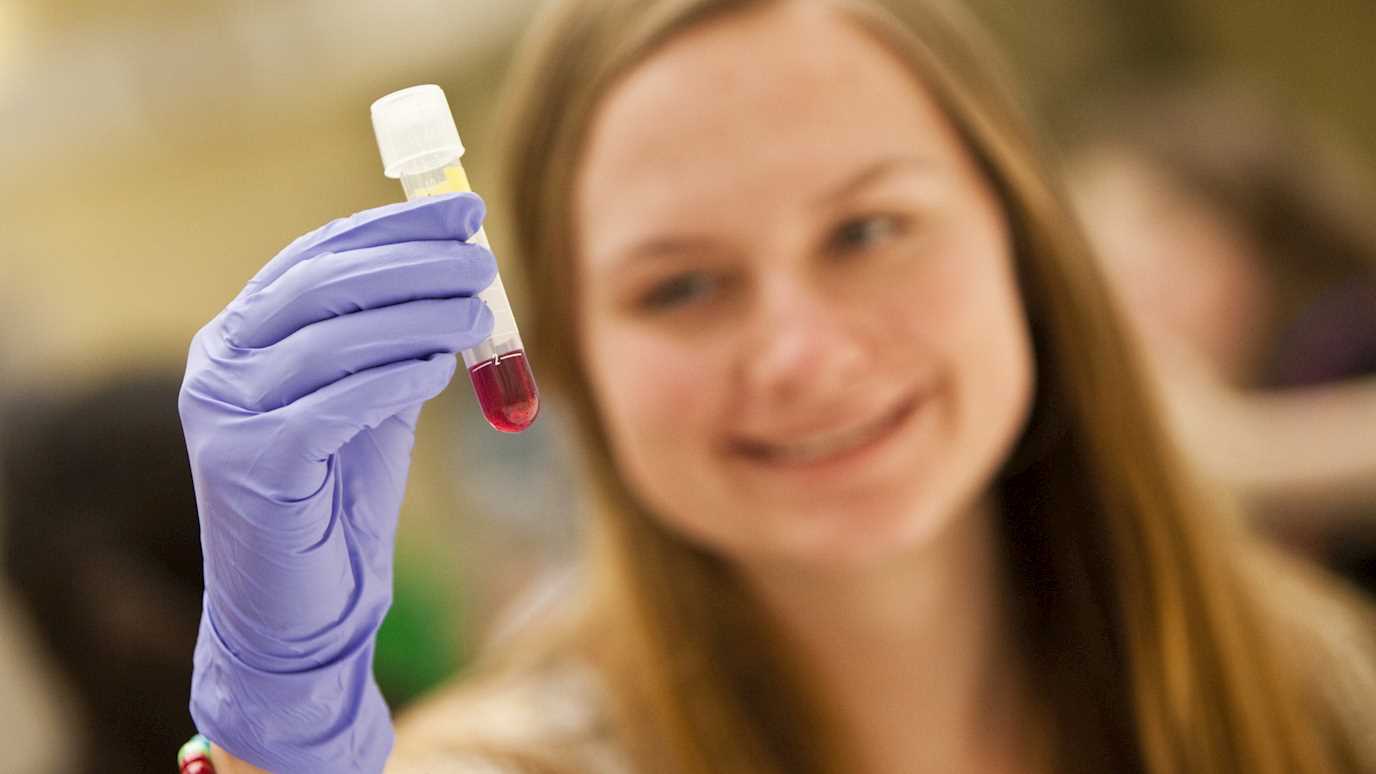Our undergraduate degree courses are based on completing a number of 15- or 30-credit course modules, creating a flexible yet coherent and structured approach to study.
Each year, you take course modules with a total of 120 credits.
Teaching occurs over two terms, each with a ‘Study Week’ in the middle. The summer term is reserved for examinations and field work teaching.
Structure and assessment
Year one
In your first year, you’ll take eight 15-credit courses, spread over two terms. In total you’ll have about eight hours of lectures and ten hours of practicals per week. In addition, you’re expected to undertake individual study associated with each of these course modules.
Continuous assessment (based on essays and reports you write during the course) makes up around one quarter of your course mark; the remainder is based on written examinations taken during the summer term. Although first year courses must be passed for entry into the second year, first year marks do not count towards your final degree classification.
Year two
In your second year, courses become more specialised and class sizes smaller. Again, you take eight 15-credit courses. Although there is greater variety in the ways that they run, the aggregate time you spend in lectures and practicals is about the same as in your first year. Course marks are typically made up of 25 per cent continuous assessment and 75 per cent from a summer term examination, and together they count for one third of your final degree mark.
Practical classes are a part of all first and almost all second year courses. In each class you undertake well-defined experiments that are integral to your courses. You’ll normally work in pairs. The practical classes are either laboratory-based or (in some organismal biology courses) comprise fieldwork with laboratory follow-ups.
Local facilities for fieldwork are excellent, including habitats such as chalk grasslands, heaths and rivers. Second and third year students have the option to study Marine Biology courses at the FSC Millport on the west coast of Scotland.
Year three
In the third year, lecture courses are highly specialised and don’t have a practical-class component. Instead, practical training is provided in an individual research project that you undertake, in an area that interests you, under the supervision of an appropriate staff member.
Over the course of the year, you’ll spend about 150 hours on lab or field work for your project: it is assessed on the basis of the written report and an oral presentation that you provide when the project is finished. Marks from most lecture courses are 20 per cent by continuous assessment and 80 per cent by final examination.
Altogether, third year marks account for two-thirds of your final degree mark that determines your degree classification.
In addition to the formal teaching framework explained above, there is also a system of small group tuition throughout the three years you'll study here.
Personal support and small group teaching
A particular feature of our support for undergraduate students is the personal tutor. This means you’ll be assigned a member of academic staff to act as your personal tutor when you start at Royal Holloway. Your adviser will see you on an individual basis to discuss academic issues, such as exam results and your choice of courses, as well as any other issues you wish to discuss. There is no formal limit to how much you may consult him or her. In addition, your tutor will provide small group teaching (around seven to eight students).
Small group tutorials
These tutorials reinforce the lecture and practical material, provide training in a range of transferable skills and guide you towards good practice in exams. All academics are available to answer subject-related questions – your individual contacts with them need not be restricted to your adviser – meaning you’ll always find support within the department. Finally, your adviser can be a good source of reference letters after you graduate!
Student support and welfare
The University-wide support services are also open to you, helping you get the most out of your time here. The Health Centre, the Student Counselling Service, the Student Services Centre, Residential Support Assistants (part of the campus-wide Residential Support Team) and the Students’ Union offer practical, sympathetic support for your physical and social welfare.
Studying part-time
Do you have family or other responsibilities but want to continue with your education? Perhaps your commitments prevent you from studying for a degree full-time, but you would be able to spread your studies over a longer period than the normal three years? If so, and your ambition is to obtain a qualification in higher education, then part-time study may enable you to achieve this goal. We are able to offer part-time study for 7 of our degree courses.
Course structure
These follow exactly the same curriculum as the full-time courses and students graduate with the same title of degree. The only difference is that the degree is normally studied over six years rather than three years. Each year of the full-time programme is divided into two so that the yearly workload which is normally eight 15-credit courses course units, becomes four 15-credit courses.
Examinations are taken at the end of each academic year in which the studied courses are taken and normal progression regulations apply between the second and third year and between the fourth and fifth year of the six year programme.
Admission to part-time courses is exactly the same as for full-time degrees and identical entry requirements apply. In addition, part-time students will be allocated a Personal Tutor when they start their degree course, and so receive support and training in transferable skills in the same way as full-time students, but over their six years of study.























